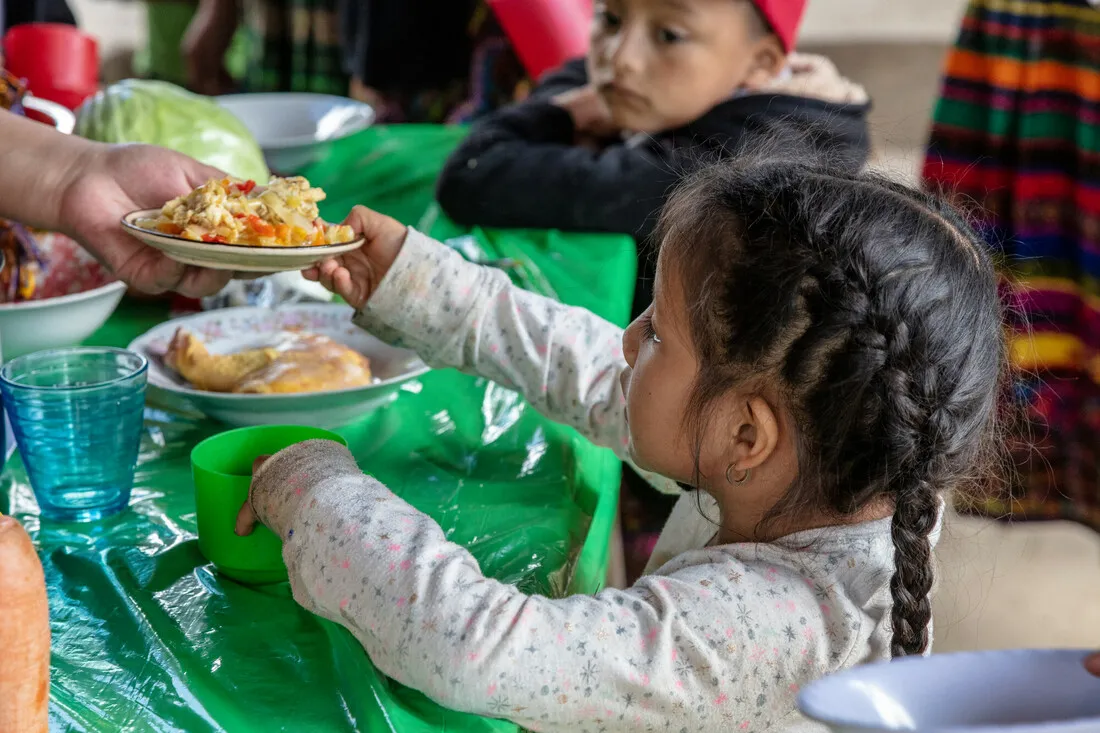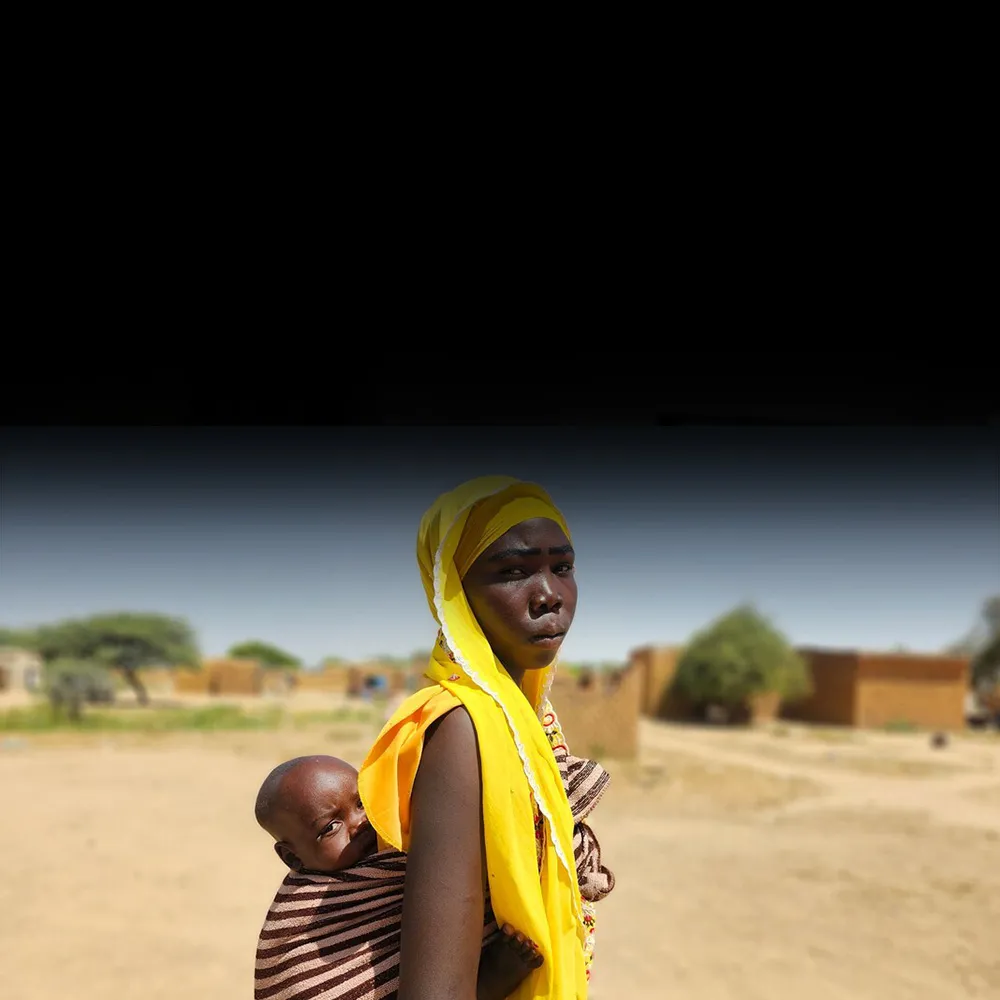Stunting is caused by poor nutrition and health during a child’s first 1000 days, from conception through their second birthday. Because it can’t be reversed, prevention is critical.
To support good nutrition, CARE uses both broad and targeted approaches. Our programs strengthen food, health, and support systems. We also work directly with families to help them adopt healthy practices at home, including better feeding, hygiene, and caregiving routines.
Our main approach is called Collective Impact for Nutrition. Based on 10 years of experience across multiple countries, this model connects support from across communities and systems with direct behavior change strategies. It is grounded in the Lancet nutrition interventions and designed to help families not only adopt better nutrition habits, but also help provide what they need to put those habits into practice.


